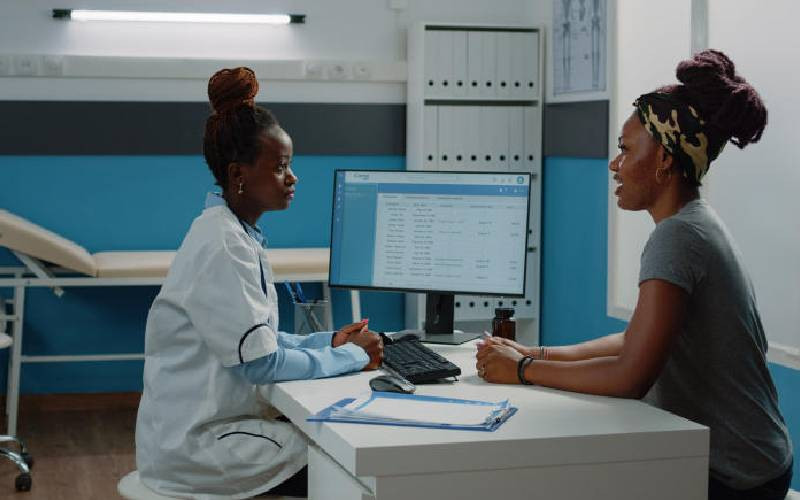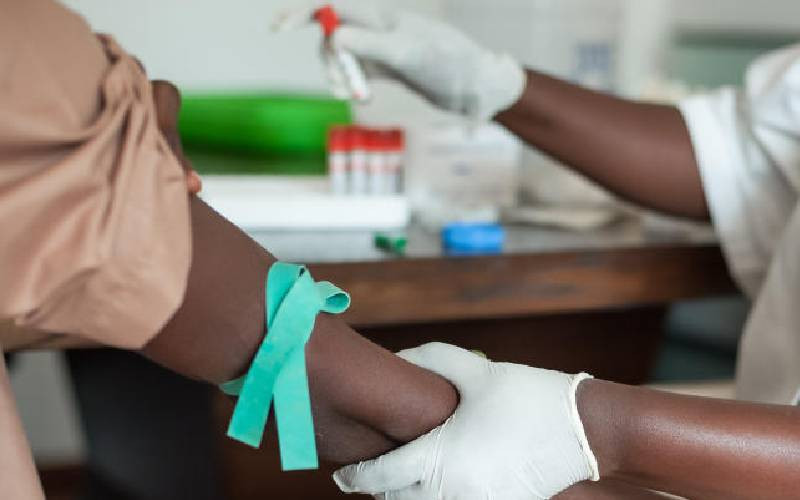Ten-year-old boys and girls may soon be able get birth control pills and condoms from public hospitals without their parents’ consent, according to a new Bill to be debated by the Senate.
The Reproductive Health Care Bill 2014, sponsored by nominated senator Judith Sijeny was printed and published by the Government Printer last month and could be debated any time this week.
The Bill, which dampens notions that Kenya may soon allow gay unions makes it clear that family relationships are only recognised if they are between two adults of the opposite sex.
This Bill, if passed, could be the most comprehensive reproductive law in Kenya for both adults and adolescents.
It may be the first legislation in Kenya to recognise that children as young as ten are sexually active and goes ahead to suggest that they need access to comprehensive reproductive health services and products.
“In the provision of reproductive health services to adolescents, parental consent is not mandatory,” suggests the senator.
SINGLE PARENTS
The proposal assures health workers that nothing prevents them from referring an adolescent who has sought reproductive health services to a qualified person for provision of necessary services and products.
- Number of adolescents missing classes, abusing drugs on the rise - survey
- Nairobi, Kisumu youth rarely use condoms during intercourse- report
- Stakeholders bank on colour painting, music to end HIVAIDS in adolescents
Keep Reading
The Bill which has several clauses replicated and others contradicting the Health Bill 2014 prepared by the Ministry of Health has interesting provisions for those willing to remain single parents.
A single adult man or woman will be able to commission a surrogate mother to carry a pregnancy and deliver a baby for them. Such a person, would, if a woman, for example, identify a sperm donor or ‘withdraw’ some from the sperm bank at Kenyatta National Hospital and get into a written agreement with a willing woman to carry the pregnancy.
SIGN AGREEMENT
The Bill, just like the proposed Health Bill 2014, has a lot to say about surrogacy and goes further to describe what a ‘womb renting’ agreement would look like.
For example, if the person commissioning a surrogacy is in a marriage or steady union, both parties must sign the agreement. The proposal also makes it possible for married women or those in a stable relationship to rent out their wombs.
If the husband of such a woman fails to permit the wife to rent her womb out, she can ignore the man and sign the agreement.
“Where a husband or partner of a surrogate mother unreasonably withholds his consent, the other parties shall proceed to sign the agreement and it shall be valid,” says the Bill.
A woman, who has rented out her womb, cannot claim payment but is entitled to reimbursement of expenses directly related to the pregnancy or loss of earnings occasioned by the surrogacy.
The bill suggests that trained health workers may terminate a pregnancy if the health or life of the woman is in danger but must have the consent of the woman. In case of a minor such termination can only be done in consultation with the parents or guardian.
Anybody who terminates a pregnancy without the consent of the woman and in case of a minor, a go-ahead from a guardian, risks going to jail for up to three years.
The law also suggests that any child below five years be entitled to a free annual medical check-up at any public hospital.
 The Standard Group Plc is a multi-media organization with investments in media platforms spanning newspaper print
operations, television, radio broadcasting, digital and online services. The Standard Group is recognized as a
leading multi-media house in Kenya with a key influence in matters of national and international interest.
The Standard Group Plc is a multi-media organization with investments in media platforms spanning newspaper print
operations, television, radio broadcasting, digital and online services. The Standard Group is recognized as a
leading multi-media house in Kenya with a key influence in matters of national and international interest.











